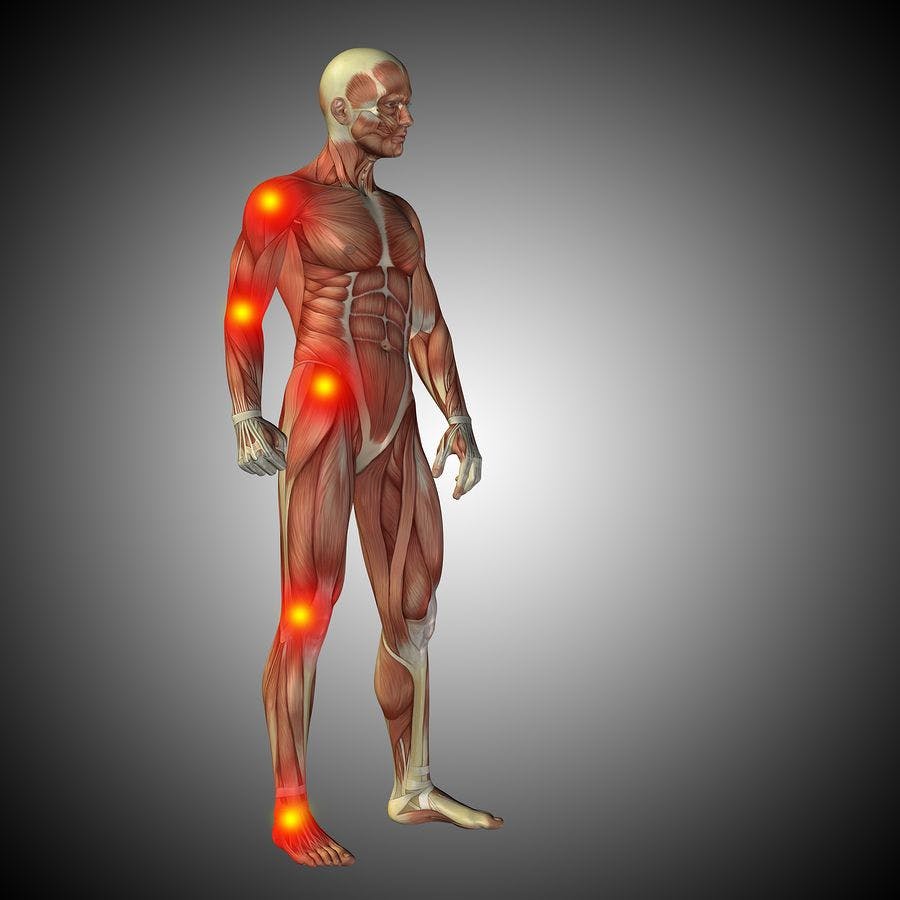Patients exhibiting signs or symptoms of possible nerve or muscle disorders such as ongoing numbness, tingling, burning and weakness are routinely referred by their healthcare providers for a neurological evaluation. Electromyography (EMG) testing is typically conducted during the same neurological evaluation as nerve conduction testing to assess the health of muscles and the nerve cells (motor and sensory neurons) that control them.
An EMG measures the electrical activity of muscles at rest and during contraction. Nerves control the muscles in the body by electrical signals (impulses), and these impulses cause the muscles to react in specific ways. Nerve and muscle disorders cause the muscles to react in abnormal ways. During an Electromyography study, a very small pin is inserted in the muscle that helps us evaluate the condition of your muscles.
An EMG can rule out or reveal the presence of nerve and/or muscle abnormalities or problems with nerve-to-muscle signal transmission. These conditions include:
- Neuromuscular disease (NMD) - a condition that directly impairs nerves controlling voluntary muscles (ones that are controlled voluntarily, such as those in arms and legs) or ones that impair the peripheral nervous system or neuromuscular junctions
- Autoimmune disorders that impair and destroy signal transmissions between nerves and muscles, such as Myasthenia gravis (MG)
- Disorders that impair peripheral nerves (nerves outside the spinal cord), such as peripheral neuropathies including diabetic neuropathy, carpal tunnel syndrome and peroneal nerve palsy (causes foot drop)
- Motor neuron diseases in the brain (upper motor neurons) or spinal cord (lower motor neurons), such as upper motor neuron lesions caused by amyotrophic lateral sclerosis (ALS) - also known as Lou Gehrig's disease - and primary lateral sclerosis (PLS), progressive muscular atrophy (PMA) and post-polio syndrome
- Conditions affecting nerve roots, such as herniated discs
We Can Help!
Have you been diagnosed with a neuromuscular condition? If so, physical therapy may help. Neuromuscular physical therapy can help limit your disability and reduce such symptoms as pain and muscle spasms/contractions while addressing structural, gait and postural abnormalities. We can help you restore as much fitness as possible and help you maintain as much independence as possible.

